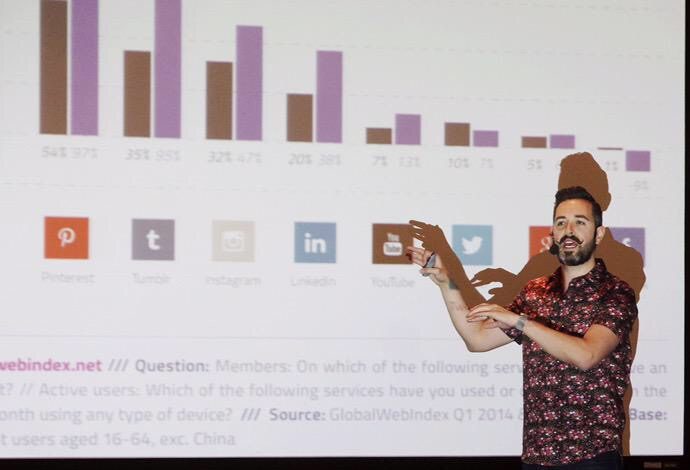How to Develop a Strategic Planning Process in B2B Marketing
By Art Allen
Creating and managing a carefully planned B2B marketing approach is crucial for businesses aiming to achieve continuous expansion in a fiercely competitive digital marketing environment.
Attempting a B2B marketing campaign without a strategy can lead to disjointed marketing efforts, resulting in failure to effectively engage your target audience. On the other hand, a well planned marketing strategy can distinguish you from competitors, establish your brand as an industry authority, bolster customer confidence, and showcase your deep understanding of your audience’s pain points.
In this guide, we will go over a step-by-step process for how to develop a B2B marketing strategy.
Steps of a Strategic Planning Process in B2B Marketing
Step 1: Understand your target audience
Understanding your target audience is the foundation of any successful B2B marketing strategy. After all, before you can make a plan, you have to know as much as you can about who you are trying to target.
Learning about your audience involves identifying the businesses, roles within organizations, or personas who are most likely to benefit from your offering. With a clear understanding of your audience’s needs, challenges, and preferences, you can tailor your marketing efforts to resonate with them effectively.
Step 2: Conduct a content audit
The first step in a well planned B2B marketing strategy is to evaluate the assets you currently have with a content audit. This will help you identify existing assets that can be leveraged in your new campaign as well as content that is outdated and either needs to be removed or refreshed. The audit will also surface gaps in your content that can be addressed in the marketing plan.
Step 3: Set clear campaign goals
Clear and specific goals are crucial in guiding your B2B marketing efforts. Whether it’s increasing lead generation, boosting brand awareness, or driving sales, well-defined objectives provide direction for your strategy planning process. These goals are commonly associated with key performance indicators (KPIs) and tracking them will tell you whether or not your campaign is succeeding.
These KPIs should align with your overall business strategy and be SMART – Specific, Measurable, Achievable, Relevant, and Time-bound. By using a SMART framework for developing KPIs, you will be better able to measure the effectiveness of your strategy.
“Key performance indicators (KPIs) should align with your overall business strategy and be SMART – Specific, Measurable, Achievable, Relevant, and Time-bound.” — Art Allen @punsultant
Click To Tweet
Step 4: Competitive analysis
Your B2B marketing campaign won’t exist in a vacuum, so it’s a good idea to research and evaluate your competitors. This research can help you identify what sets your business apart and where you can gain a competitive edge, as well as what brand perceptions may need shoring up.
A competitive analysis can also highlight what topics or tactics are especially successful for others. By examining your competitors’ strengths and weaknesses, you can strategically position your B2B marketing efforts to capitalize on opportunities — or create your own.
Step 5: Choose the right marketing channels and tactics
Selecting the appropriate marketing channels is essential …read more
Source:: Top Rank Blog

























